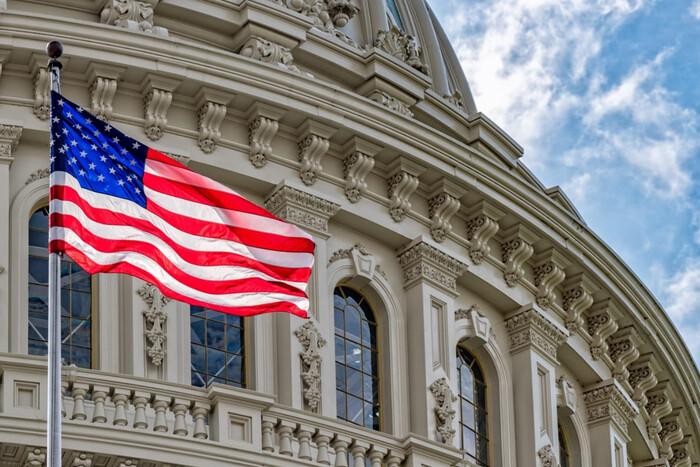Senate approves Trump tax bill, sends it to House of Representatives

The US Senate, the upper house of Congress, passed a bill called “One Big Beautiful Bill” — a key initiative of the Donald Trump administration. The 940-page document includes massive tax breaks, cuts to welfare programs, increased defense spending and a raise in the national debt ceiling. About this informs The Washington Post.
The decision was adopted by a minimum majority: 50 senators voted “for”, 50 – “against”. The vote of Republican Vice President JJ Vance was decisive. The bill includes permanent tax breaks for businesses and families, repeal of taxes on tips and overtime pay, and new tax credits and deductions, particularly for American automakers.
At the same time, funding for such social programs as Medicaid and the National Nutrition Assistance Program (SNAP) is expected to be cut. The Congressional Budget Office projects that by 2034, more than 12 million Americans could lose health insurance.
In the area of defense and immigration, the document sets aside $170 billion for strengthening the border and strengthening controls, as well as $160 billion for defense needs, including the creation of a new “Golden Dome” anti-missile defense system. The law also provides for an increase in the US national debt limit by $5 trillion, and the expected increase in the budget deficit over 10 years will be $3.3 trillion.
The bill was supported by all Republicans except Susan Collins, Tom Tillis and Rand Paul. All Democrats voted against it. Critics called the document “the most aggressive attempt to dismantle state aid” in recent decades. Instead, Donald Trump said the law “restores fairness for working Americans.”
The next stage will be a vote in the House of Representatives, which is planned to be held by July 4. Some conservative Republicans have already voiced objections to certain provisions, which could complicate final passage.
Elon Musk, who left the administration in May, abruptly criticized the bill, calling it “destructive” and one that would “destroy jobs.” It was this initiative that became one of the reasons for his departure from state activity.





